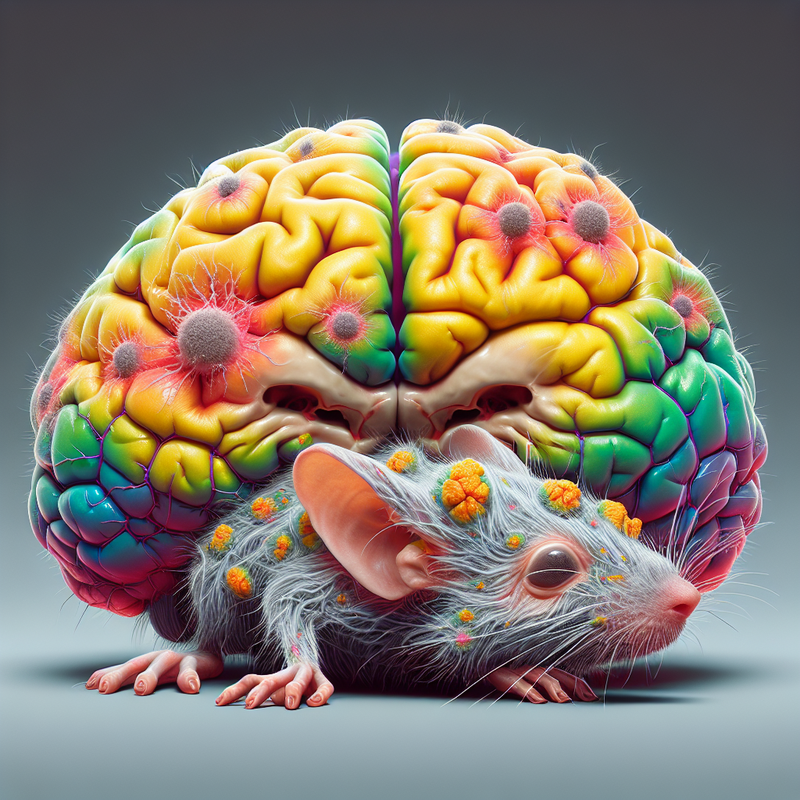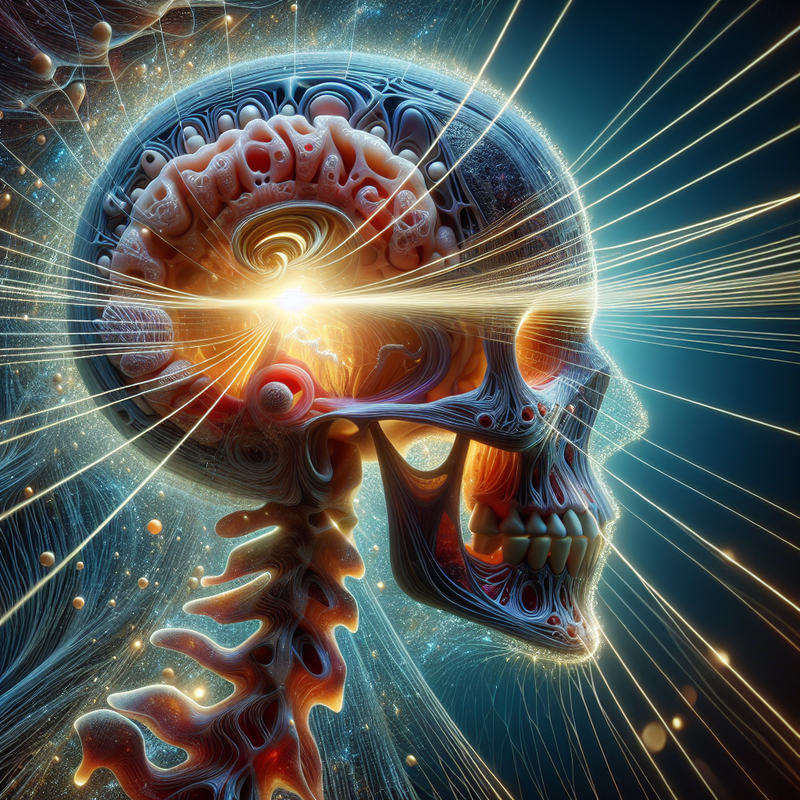A recent publication in the Pharmacology and Translational Science journal of the American Chemical Society has revealed that the primary mind-altering component in marijuana, THC, may have potential anti-aging properties on the mouse brain.
The research concluded that low-dose Δ9-THC over the long term may combat aging processes in the brain by rejuvenating cognitive capabilities and synapse densities in elderly mice. It further posited a possible significant function of Δ9-THC therapy in fighting brain aging.
The research was funded by a state-sponsored organization in Germany, aligning with the country’s recent shift towards legalizing marijuana. The study offers insights into potential mechanisms that could explain the benefits of cannabis components, though the exact causative factor remains elusive.
THC’s Influence on the Brain of Young and Aged Mice
The research was conducted on younger and elder male mice groups aged four and 18 months, respectively. They were given either THC or a placebo for roughly a month. The study explored aspects such as protein levels connected to aging, memory, and metabolism, including functional brain characteristics. The focus was especially on mTOR, a protein that impacts cognitive ability and various cell functions relating to growth and aging metabolism.
The older mice showed increased mTOR activity in their brains upon THC administration, coupled with an augment in protein levels that assist in repairing and forming synapses. THC treatment also led to a metabolic activity surge in the hippocampus, a part of the brain linked with memory and learning abilities, for the older mice. Interestingly, in the older mice’s fat tissue, THC triggered a different anti-aging effect, decreasing mTOR activity but raising fatty acid levels, which are known to aid in combating aging.
The study notes that, “Our data points to the potential efficacy of a long-term low-dose Δ9-THC treatment strategy against brain aging.” The most significant variances in brain function appeared around two weeks into the 28-day study, while the impact on fatty tissue appeared to peak towards the study’s end. This result was interpreted by the study’s authors as a “dual effect” on differing cell forms at separate times, providing possible advancements in effective anti-aging medications.
The age factor influenced the THC’s effects. Polyunsaturated fatty acids, typically associated with a “noteworthy antiaging effect,” were generated by both younger and older mice. However, the interaction of THC with all other compound classes varied greatly between young and older rodents.
It is vital to note that further investigation will be needed, especially focusing on administration duration and dosage. The long-term THC effects, including any possible anti-aging implications, need to be weighed against any negative effects of prolonged use. Most importantly, these results must be confirmed in human subjects.
While concerns over its long-term risks persist, research indicating the potential benefits of marijuana increases. The authors emphasized their findings did not negate earlier evidence of potential cognitive risks tied to heavy or frequent cannabis use. Instead, they urged more comprehensive studies highlighting the anti-aging effects of THC.







